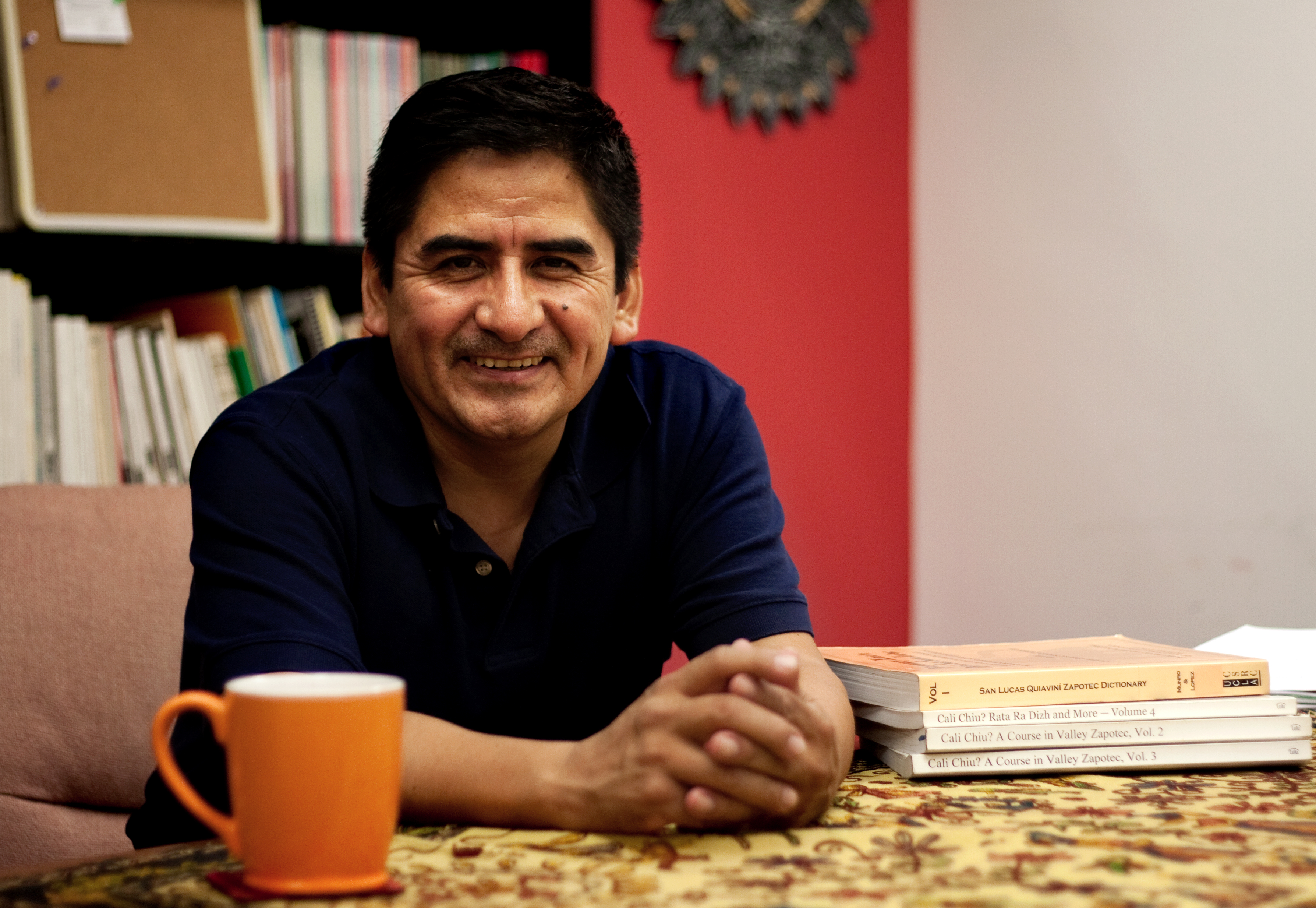Lecturer Felipe Lopez has a doctorate in urban planning from UCLA, but his UCLA office is in the indigenous languages of the Americas program.
This quarter, Lopez is teaching elementary Zapotec, the indigenous language of Oaxaca, the southernmost state of Mexico. He’s in his fourth year of teaching the language at UCLA.
A native of Oaxaca, Lopez is a native speaker of Valley Zapotec, one of the variations of Zapotec.
Lopez has been working on the language since 1991, so going from urban planning into the language field seemed like a natural process.
“I felt that there was a need … for the public to have access to the language, to understand how the world view works, for example how express(ing) feelings works,” Lopez said.
Constructing a word in Zapotec by putting together the words for “pain” and “heart” makes up something like “heart-pain.” But when that word gets translated into English, it’s merely “misses somebody.”
Today, Zapotec is an endangered language.
“We don’t even find these courses in Mexico,” Lopez said.
This is partly caused by the perception of indigenous languages in Mexico as backward, according to Lopez. Parents prefer to teach their kids Spanish or even only English.
For Lopez, the language of Zapotec holds a lot of culture. For example, there are different pronouns that tell how you get along with somebody. You use a different pronoun to create emotional distance, perhaps in everyday usage when you want to separate yourself from someone in the family.
“Many of us who are Zapotecs define ourselves in terms of the language … who we are as Zapotecs, as opposed to the larger Mexican population,” Lopez said.
